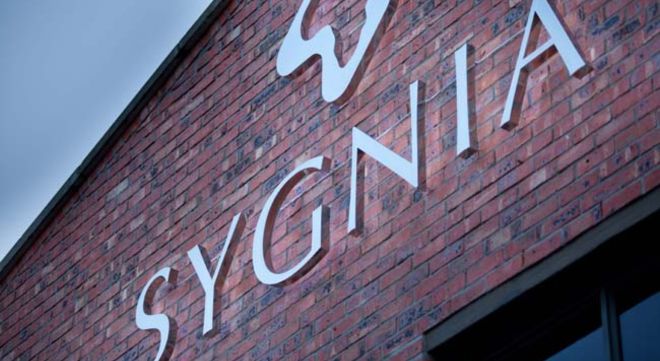Sygnia’s assets under management and administration grew by 7.3% to R341.3 billion over the six months to the end of March, the asset manager said in an interim results statement last week.
This growth was thanks to market appreciation of R35.1bn. Net outflows more than doubled compared to the same period last year, from R5.1bn to R11.2bn.
Sygnia is the second-largest provider of exchange traded funds (ETFs) in South Africa and the largest provider of international ETFs on the JSE.
Retail assets under management (AUM) reached R71.5bn at the end of March this year, up from R61.6bn at the end of group’s 2023 financial year on 30 September and R59.4bn in the corresponding six months last year.
The total AUM of the Sygnia Itrix range of 14 ETFs rose to R45.2bn (30 September 2023: R37.2bn; 31 March 2023: R36bn).
Institutional AUM increased to R269.8bn (30 September 2023: R256.5bn; 31 March 2023: R253.3bn).
The Sygnia Umbrella Retirement Fund (SURF) accounted for R15.5bn of the institutional AUM, an increase of 14% over the interim period (30 September 2023: R13.6bn; 31 March 2023: R13.2bn). With another R700 million awaiting regulatory transfer approval, SURF is the sixth-largest commercial umbrella fund in South Africa, the group said.
Prescribed assets
In the results statement, Sygnia’s directors expressed scepticism towards reported plans by the ANC to introduce prescribed assets and stricter offshore investment limits for retirement funds.
“In reality, retirement funds already own 25% of government debt, and it is difficult to see how a higher prescription would solve long-term solvency issues. Similarly, applying more stringent offshore investment limits would deprive savers of the benefits of diversification and force them to invest in an ever-shrinking JSE, where the top 10 stocks already represent 45% of its market capitalisation. Many of these companies do not have significant operations in South Africa and contribute little to the economy (for example, Naspers and Prosus are proxies for one Chinese technology company). The suggestion of a ‘wealth tax’ has also raised concern, as it would most likely lead to even more tax emigration by those who can afford to do so,” the directors said.
Group performance
Revenue for the six months increased by 8.7% to R444.2m (31 March 2023: R408.6m). Revenue from investment management fees rose by 8.2% to R251.2m compared to the same period last year, while investment administration fee revenue jumped by 37.3% to R87.9m.
After accounting for net interest and investment income and finance costs of R20m (31 March 2023: R18m), pre-tax profit amounted to R210.4m (31 March 2023: R191.6m). After-tax profit came in at R152.5m (31 March 2023: R138.4m), up by 10.2% over the prior comparable period.
Basic and headline earnings per share increased by 9.7% to 100.7 cents (31 March 2023: 91.8c).
The group declared a gross dividend of 90c per share, resulting in a net dividend of 72c per share after dividends tax.



